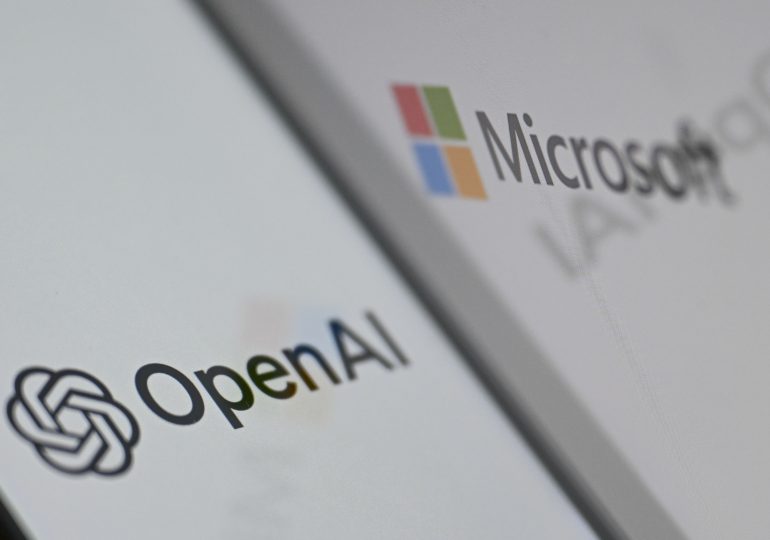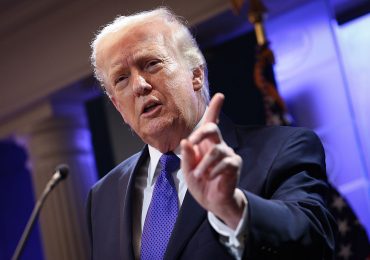Microsoft Corp.’s partnership with OpenAI Inc. is facing the potential of a full-blown UK antitrust investigation three weeks after a mutiny at the ChatGPT creator laid bare deep ties between the two companies.
The Competition and Markets Authority said Friday it was gathering information from stakeholders to determine whether the collaboration between the two firms threatens competition in the UK, home of Google’s AI research lab Deepmind. Microsoft fell 0.7% in premarket trading.
[time-brightcove not-tgx=”true”]
Microsoft has benefited richly from its investments, totaling as much as $13 billion, in OpenAI. By integrating OpenAI’s products into virtually every corner of its core businesses, the software giant very quickly established itself as the undisputed leader of AI among big tech firms. Rival Alphabet Inc.’s Google has been racing to catch up ever since.
The firing — and subsequent rehiring — of Sam Altman as chief of OpenAI last month exposed how inextricably linked the two companies have become. Microsoft shares fell immediately after OpenAI’s board ousted Altman. Microsoft chief executive officer Satya Nadella personally helped negotiate and advocate for his return to the company — at one point offering to hire Altman himself, along with other employees at OpenAI who wanted to leave.
OpenAI’s board eventually agreed to reinstate Altman. The company recently named a three-person interim board and added Microsoft as a nonvoting observer.
Microsoft President Brad Smith said in a statement Friday that “the only thing that has changed is that Microsoft will now have a non-voting observer on OpenAI’s board.” He described its relationship with OpenAI as “very different” from Google’s outright acquisition of DeepMind in the UK. OpenAI didn’t immediately respond to a request for comment.
Smith had said as recently as last month that he didn’t “see a future where Microsoft takes control of OpenAI.”
The CMA said it will look at whether the balance of power between the two firms has fundamentally shifted to give one side more control or influence over the other. When asked to comment on the CMA’s move, a European Commission spokesperson said the regulator had been “following the situation of control over OpenAI very closely.”
The move by the CMA puts Microsoft under the antitrust microscope once again. Its acquisition of video-game giant Activision Blizzard was subjected to nearly two years of regulatory scrutiny before gaining approval in the UK less than two months ago.
Read more: U.K. Competition Watchdog Signals Cautious Approach to AI Regulation
At the core of the partnership between Microsoft and OpenAI is the massive amounts of computer power required to keep the worldwide boom in generative AI going. Running the systems behind tools such as ChatGPT and Google’s Bard has sent demand for cloud services and processing capacity soaring. OpenAI, for example, has become a major customer of Microsoft’s cloud business.
In turn, all three of the world’s biggest cloud-computing providers — Microsoft, Amazon.com Inc., and Google — have become active investors in AI startups.
These large firms have used such deals and tie-ups to “co-opt and neutralize potential rivals” in AI, said Max von Thun, director of Europe for Open Markets Institute, a think tank. “It is essential that antitrust authorities move quickly to investigate these deals, including unwinding them if necessary.”
Leave a comment
















